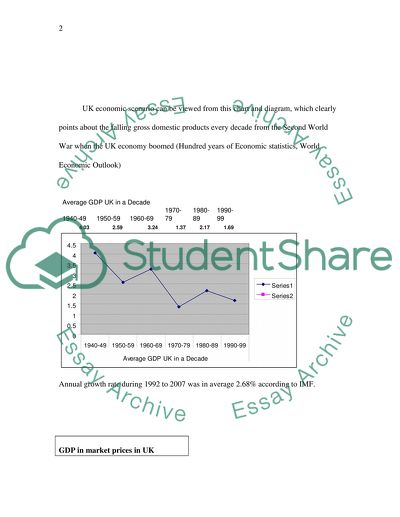Cite this document
(“Business Economics Essay Example | Topics and Well Written Essays - 2500 words - 2”, n.d.)
Business Economics Essay Example | Topics and Well Written Essays - 2500 words - 2. Retrieved from https://studentshare.org/miscellaneous/1560343-business-economics
Business Economics Essay Example | Topics and Well Written Essays - 2500 words - 2. Retrieved from https://studentshare.org/miscellaneous/1560343-business-economics
(Business Economics Essay Example | Topics and Well Written Essays - 2500 Words - 2)
Business Economics Essay Example | Topics and Well Written Essays - 2500 Words - 2. https://studentshare.org/miscellaneous/1560343-business-economics.
Business Economics Essay Example | Topics and Well Written Essays - 2500 Words - 2. https://studentshare.org/miscellaneous/1560343-business-economics.
“Business Economics Essay Example | Topics and Well Written Essays - 2500 Words - 2”, n.d. https://studentshare.org/miscellaneous/1560343-business-economics.


